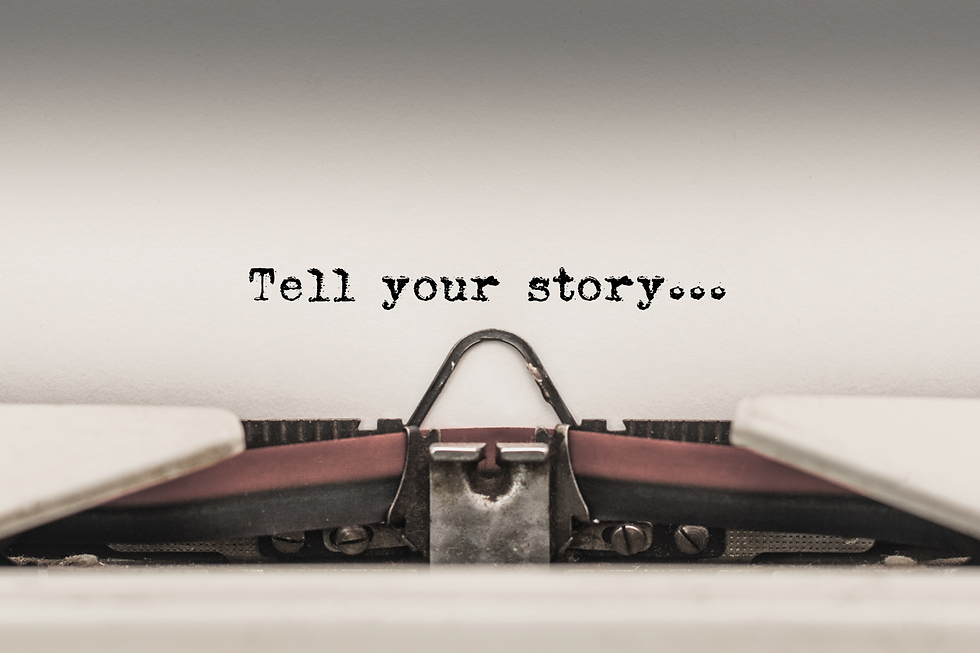We All Need a Hug
- Derryen Plante

- Dec 31, 2020
- 3 min read
Look around you. Virtually every person you know is struggling with some kind of residual issue, brought on by the isolation of a long-term quarantine because of the pandemic. Most of us didn’t realize how much we needed social interaction, hugs, and general affection until we couldn’t get it. At all.
Some of us like to be alone, or are very introverted in social situations (which is totally cool), but we all need some degree of interaction in order to stay healthy mentally. A recent article by the BBC said, “Examples of people kept in captivity, children kept isolated in abusive orphanages, and prisoners kept in solitary confinement all show how prolonged solitude can lead to hallucinations and other forms of mental instability.” Being alone for healthy reasons can be good—it can boost your creativity, increase your productivity, and allow you to grow in a lot of areas. But too much solitude can have the opposite effect.
There will be studies done on the effects of the COVID-19 pandemic quarantines and mental health, just as there were for other quarantines in the past. For example, the quarantine for SARS in 2003, resulted in a big uptick in mental health issues, PTSD, anxiety, and depression. The Medical Journal of Armed Forces India reported a small study that found almost 1/3 of the people quarantined ended up suffering from some kind of mental health issue.
This pandemic quarantine has been longer, tougher, and has been a worldwide event. As we went through the spring, summer, fall, and then the holidays still separated from our loved ones, the emotional toll grew. We watched weddings and funerals on Zoom, missed saying goodbye to dying relatives, and could only offer support from afar for people who were going through traumatic life events.
We also had to be isolated in our own struggles. For people who already had difficulty admitting or talking about their illnesses, whether mental or physical, this pandemic solitude added a dangerous component of isolation.
I remember feeling so alone when I was recovering from my attack, and going through dozens of issues that I didn’t know how to handle or treat. My doctors dismissed me, and every day felt like an uphill battle. As much as I wanted to just retreat into solitude and lock away the world, I couldn’t. I had a job and loved ones who made sure to check on me.
Reach out to a friend today. In fact, reach out to a few this week. Keep a list of people who you want to stay in touch with, from old friends to distant cousins, and give them a little nudge every once in a while. Someone who is suffering in silence, as many of us with invisible injuries and PTSD do, needs to know there are people out there who care.
You might not be able to give that person a real hug for a few more months, but you can give them a virtual one. Send a card, drop off a basket of cookies, or simply listen when they need to talk. Be there, in whatever way you can.
I talked about perspective and expectations earlier this month. Support means looking through or past the emotional walls and denial that some people put up. It means seeing their pain even when they do their best to mask it. And most of all, it means not expecting anything in return, and giving your love and support freely.
We could all use a hug in these trying, stressful, and seemingly endless times. Be the first one to open your arms, and you’ll find so many grateful people returning your embrace.
For more about my story, please pick up my book, You’ve Got Some Nerve: The Battle Back from an Invisible Injury.









Great reaad thanks